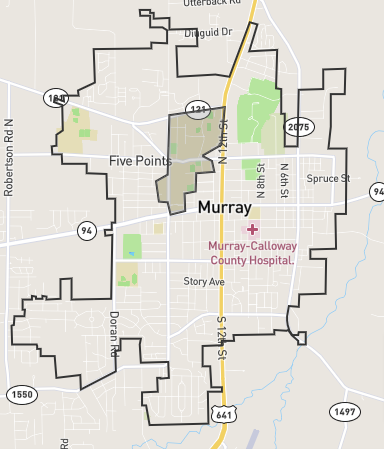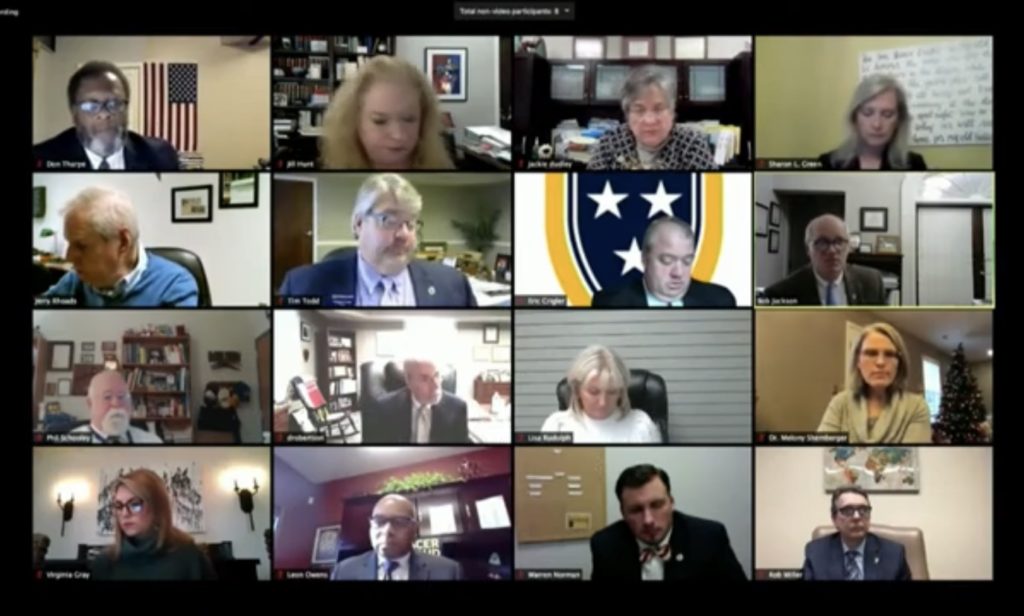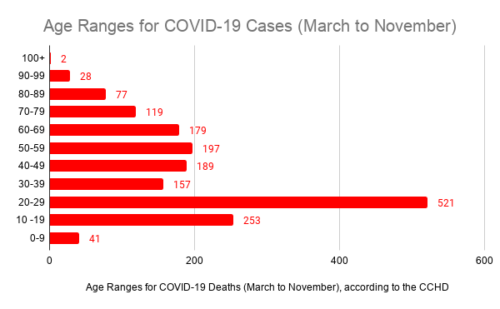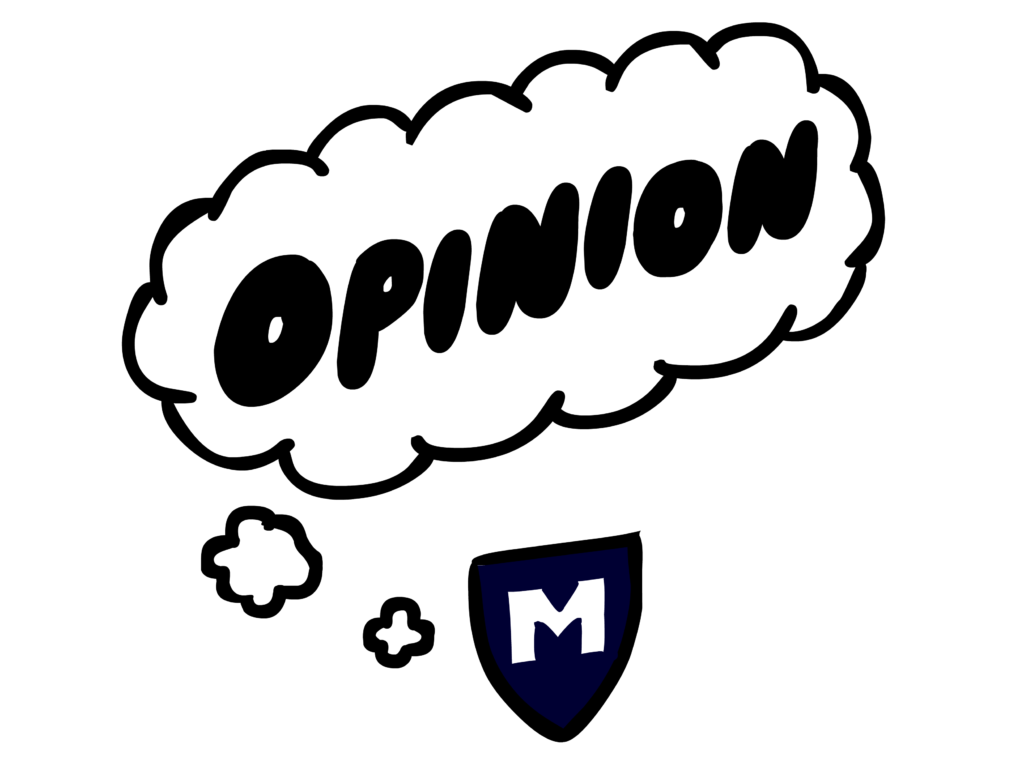Cady Stribling
News Editor
cstribling1@murraystate.edu
Daniella Tebib
Contributing Writer
dtebib@murraystate.edu
Professors and students raise concerns regarding student course evaluations being released before the deadline for posting final grades.
Andy Black, professor of English, published a Facebook post to inform students that the course evaluations they filled out regarding their professors’ performance were released on Nov. 20. However, IAS reports are supposed to be kept confidential until after the deadline for posting grades. The original deadline for posting grades was Nov. 23, which was later extended to Nov. 30 by Provost Tim Todd.
“Murray State students: I’m saddened and frustrated to report that student evaluations were released and made available for faculty today, as opposed to after grades were submitted,” Black said in his Facebook post on Nov. 20.
Black said the IAS reports were available for about seven hours.
“About ten minutes ago, we received an email stating that we can no longer access our evaluations—so they were available for, roughly, seven hours and were able to be downloaded,” Black said.
The News reached out to Todd and Shawn Touney, director of communication and marketing, to ask why IAS reports were released on Nov. 20 and who is responsible for releasing the reports. Todd said it was a mistake and was corrected in a few hours.
“To echo what was shared by Provost Todd several days ago, human error can and does occur from time to time as you know,” Touney said. “A mistake was made by an individual and was quickly corrected upon realization.”
However, in Black’s Facebook post, he said he noticed the reports were always scheduled to be released on Nov. 20.
“IAS reports have always been listed as being available on Nov. 20,” Black said. “When checking response rates, I saw this and just assumed it was an error, but this morning—along with all teaching faculty—received an email through which I could access my evaluations, and was able to open and download them. Any other faculty who checked them could get them as well.”
Students never received any notification from the University that the IAS reports had been temporarily released.
Grace Sinclair, junior psychology major, said she was unaware of reports being released and thinks it’s important for students to be informed of it. Sinclair said the IAS reports, which should have no impact on students’ grades, could affect whether a professor grades either positively or negatively.
“For example, if the final exam was all essay questions or some other subjective form of grading and the class gave the professor very negative feedback, he/she may be inclined to change the way they grade based on that feedback,” Sinclair said.
Sinclair said IAS reports could be more beneficial to students if there was a focus on professors being evaluated in their efforts to improve in areas that were substandard.
“You deserve to know about this,” Black said. “As you may have seen in previous posts, as a faculty senator I’m very concerned with the validity and fairness of student evaluations in general, but at the very least students are given promises of privacy that were breached for some reason. I do hope you are made aware of this by the University in a way that acknowledges the seriousness of this oversight.”































































































